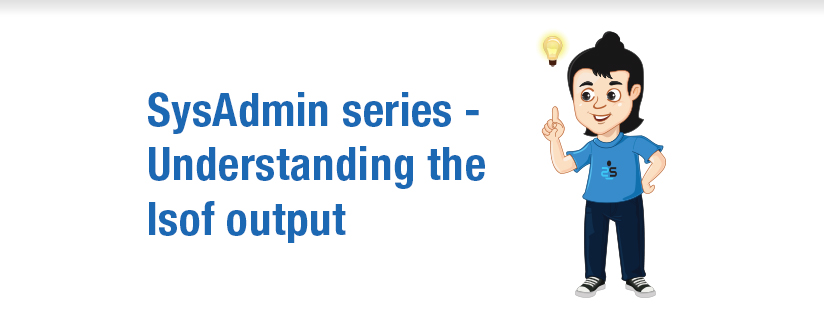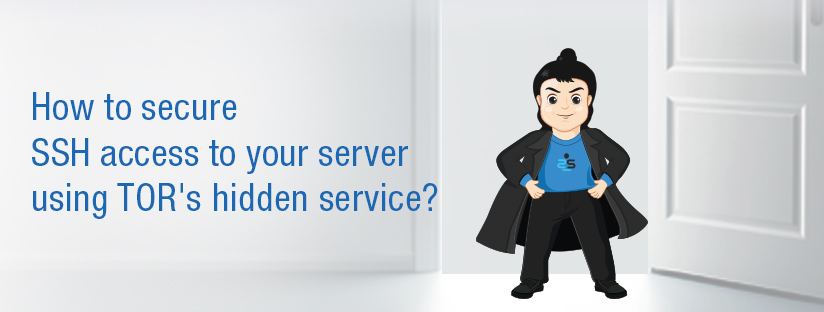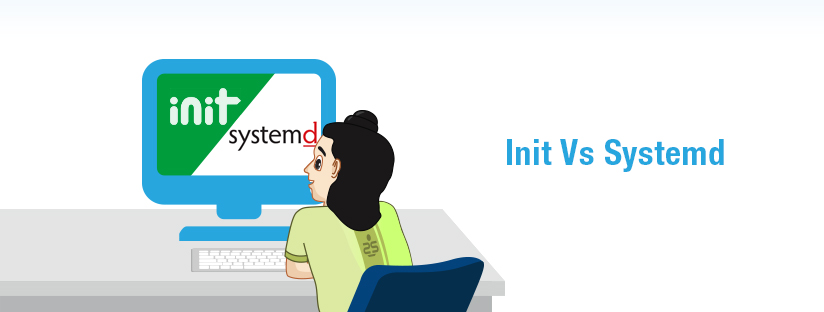Published on : February 4, 2019 by Daniel Wren

lsof command displays the list of open files. It could be the list of files opened by a process or it could be a list of files opened by a user or it could be a list of files opened by an IP or it could be a list of files opened by a port. […]
Published on : February 1, 2019 by Daniel Wren

Most of the good web hosting companies now a days, do provide node.js support. You could check whether it is already running by getting a shell access from the provider and running the following commands: # which node /usr/local/bin/node # which npm /usr/local/bin/npm As a tip, when you write a node.js script and make it […]
Published on : January 22, 2019 by Daniel Wren

TOR in a first glance, is used to browse the darknet or to by-pass the firewall restriction. i.e if your firewall blocks certain website you can use TOR browsers to access them. Its really tough to block access to TOR network when your users are using TOR bridges. I know of a few firewalls which […]
Published on : January 14, 2019 by Daniel Wren

Swap space in Linux is used when the amount of physical memory (RAM) is full. If the system needs more memory resources and the RAM is full, inactive pages in memory are moved to the swap space. Swap space is located on hard drives, which have a slower access time than physical memory and is […]
Published on : December 17, 2018 by Daniel Wren

Init and systemd are both system and service managers associated with Linux systems. They are responsible for booting the machine once the kernel is loaded, and their tasks range from mounting the original file system, identifying the runlevel or target and loading the operating system accordingly along with activating the services associated with that runlevel and finally displaying the login screen. Init was […]
